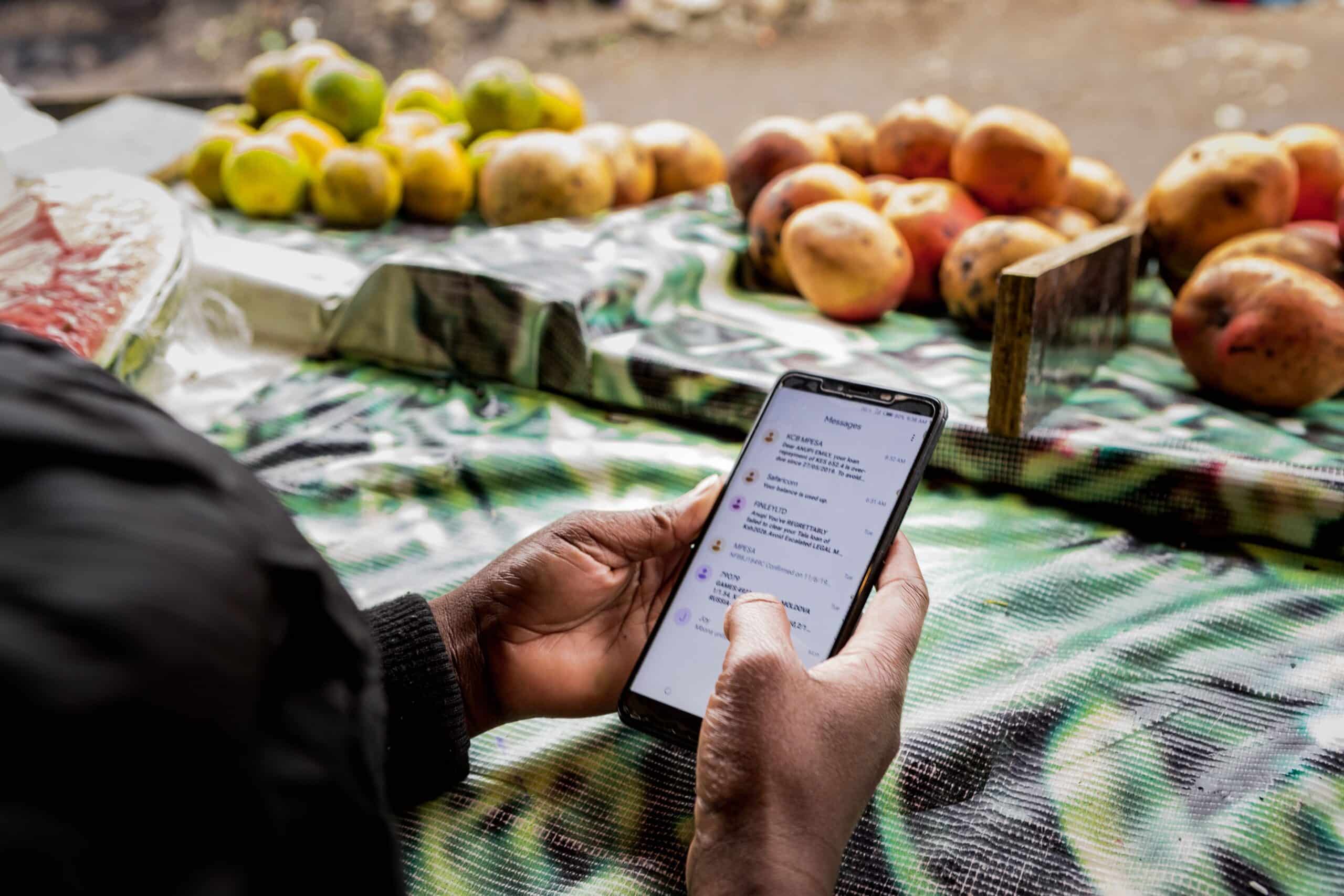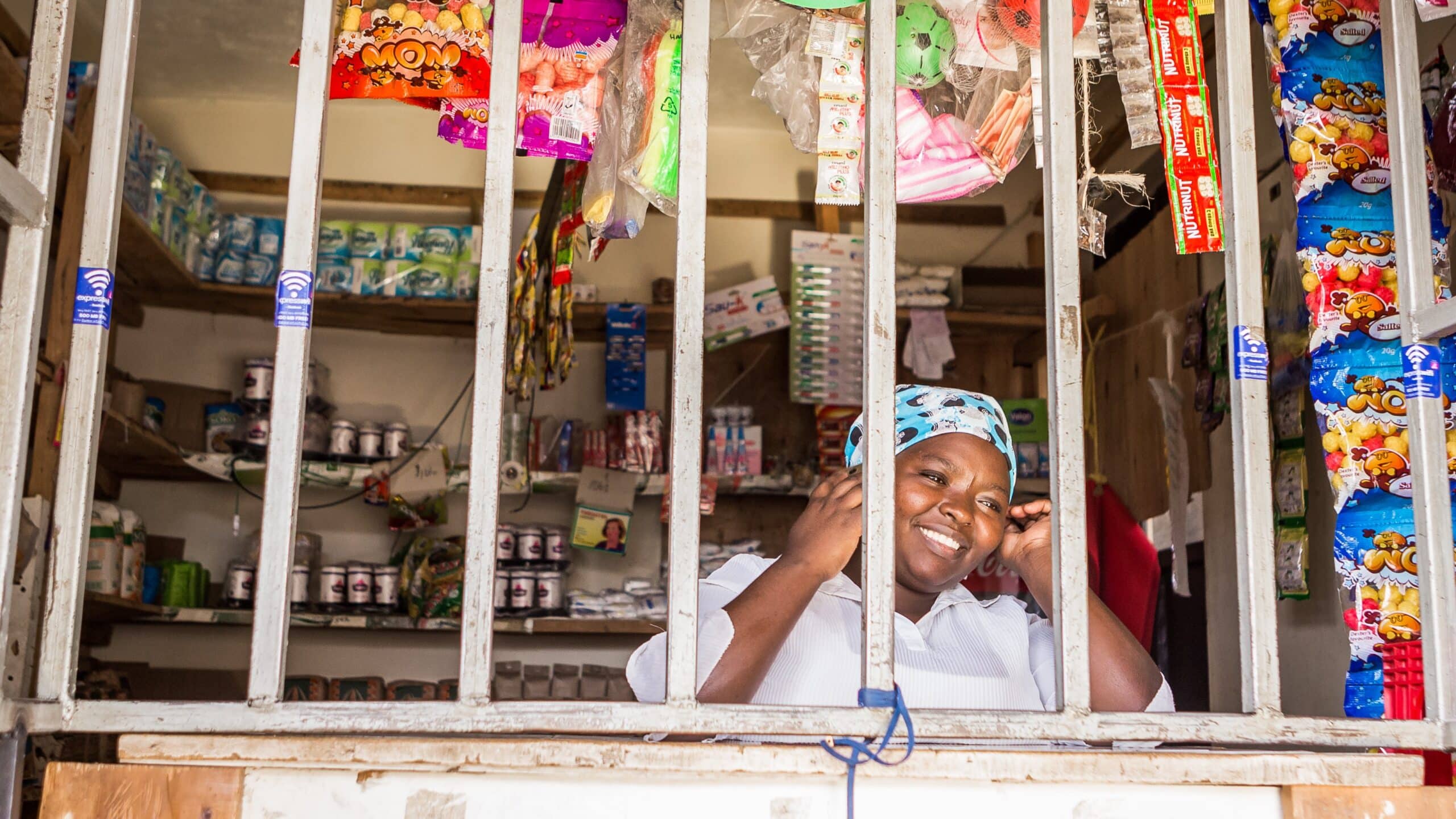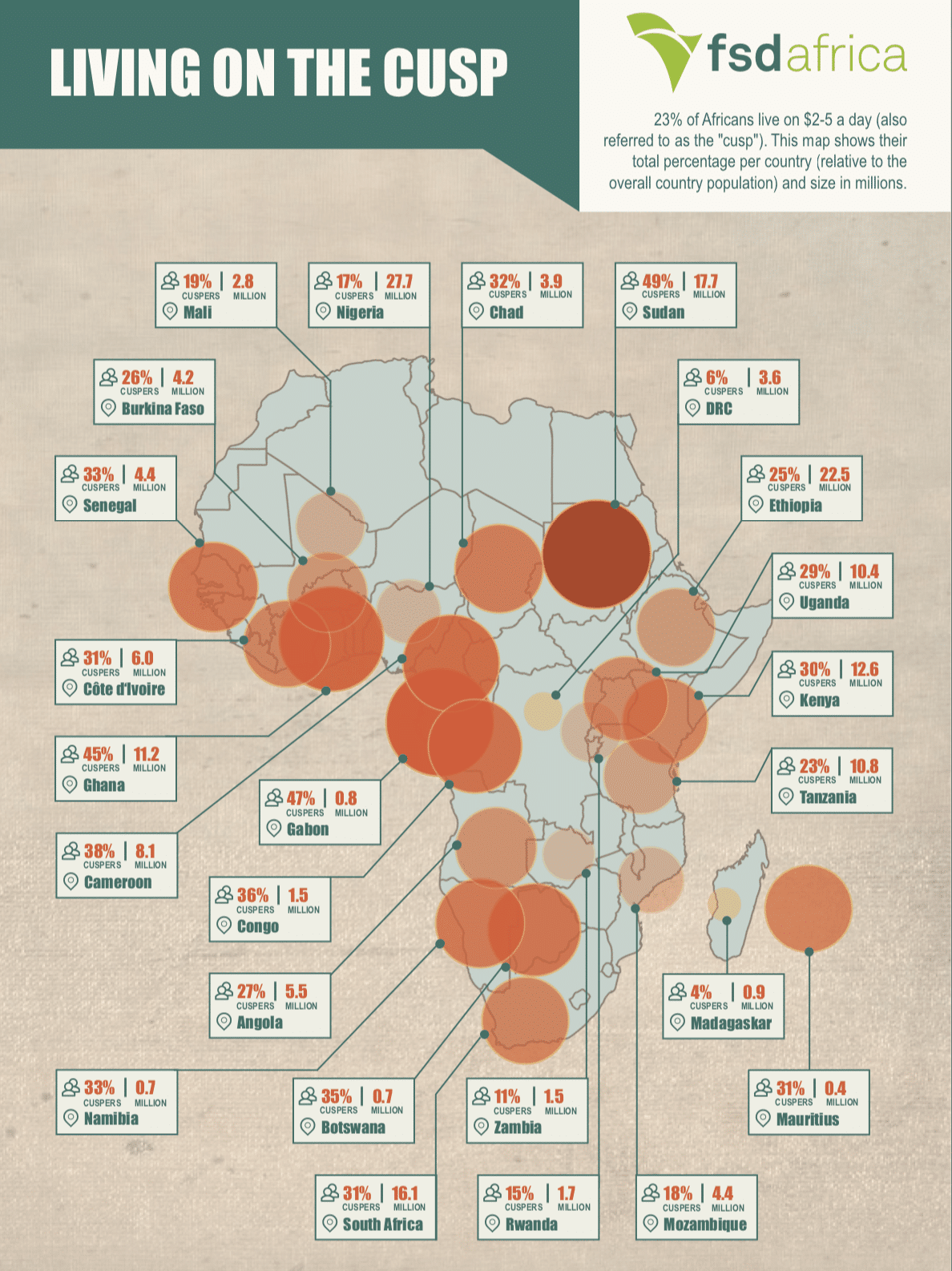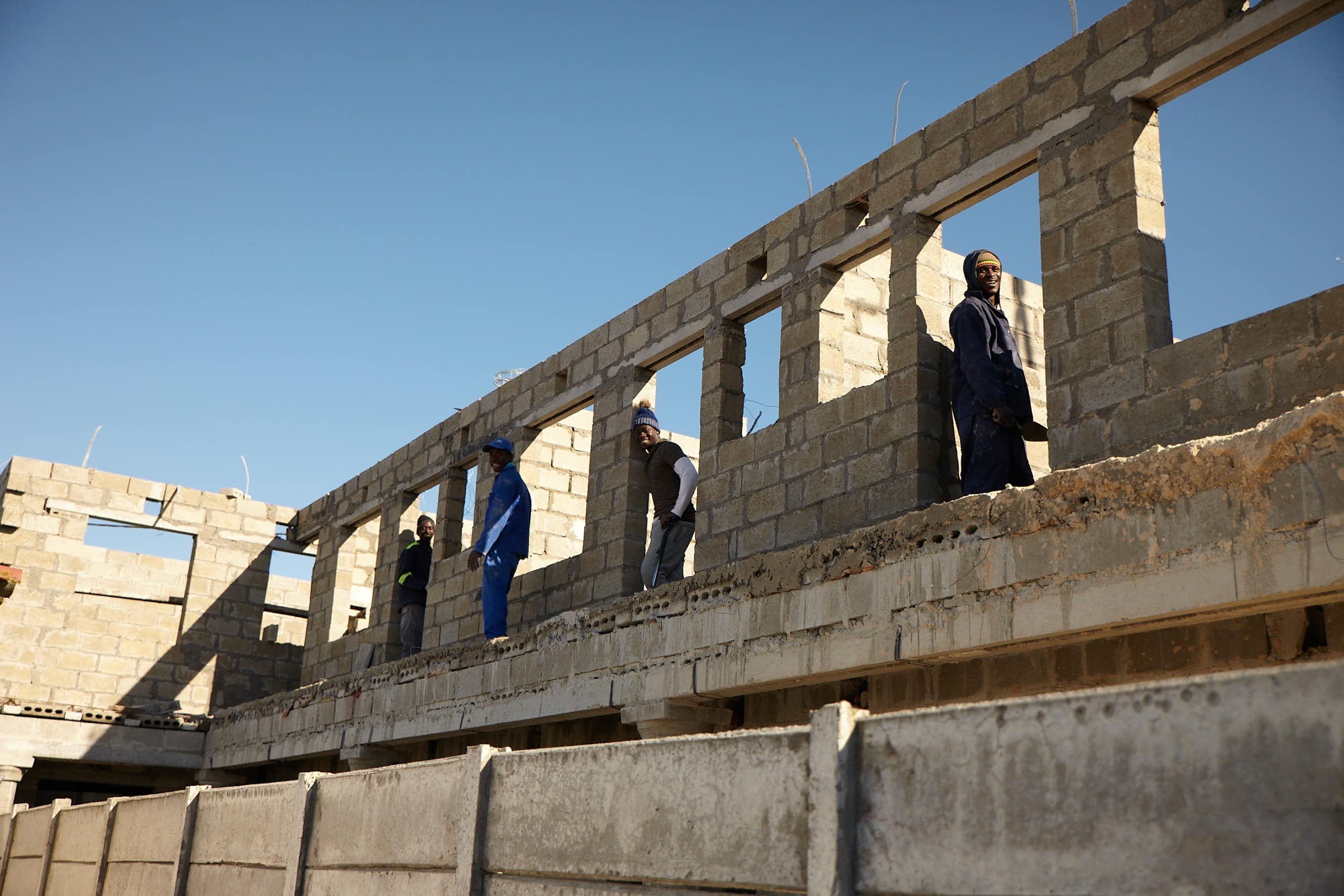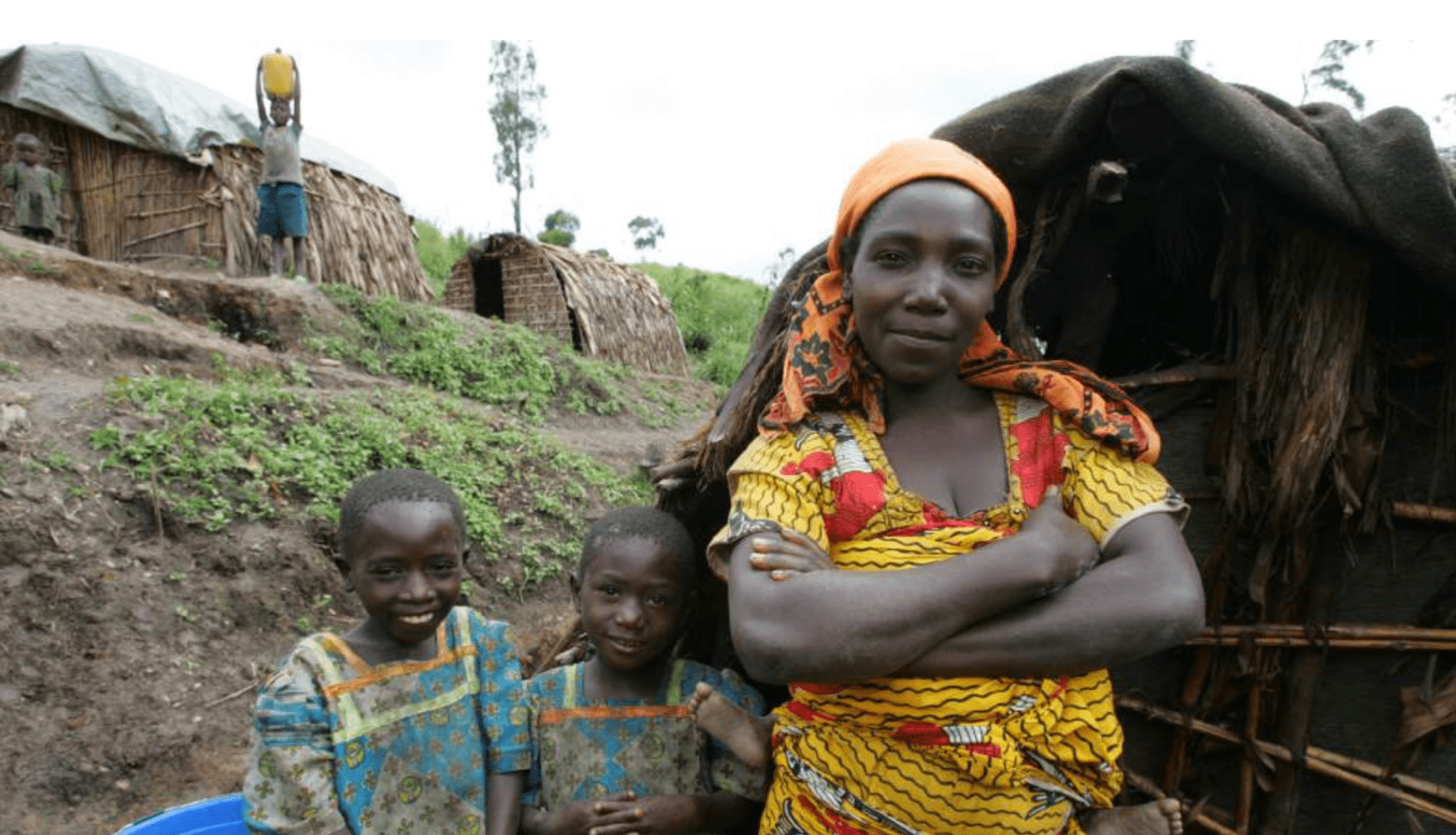On 24 and 25 May 2017, insurance supervisory authorities, insurance practitioners, policymakers and development partners gathered in Kampala, Uganda, for the 10th Consultative Forum to discuss how to scale up agricultural index insurance for smallholder farmers. The event was co-organised by African Insurance Organisation, the International Association of Insurance Supervisors (IAIS), the Access to Insurance Initiative (A2ii) and the Microinsurance Network (MIN); and live streaming of the event was provided by FSD Africa in partnership with Cenfri under their risk, remittance and integrity (RRI) programme.
Index insurance is recognised by policymakers as an important tool to build resilience among smallholder farmers, who dominate the agricultural landscape in Africa, as it overcomes some of the traditional microinsurance insurance challenges to reaching lower-income, rural individuals.
The forum focused on the limitations of index insurance as a stand-alone solution to agricultural related risks and the move to using it as part of a broader portfolio of risk management interventions to mitigate agricultural risks and improve food security.
The potential of index-based insurance is derived from its innovative business model, which relies on parameters set by existing weather or yield data to trigger claim pay-outs, rather than indemnity payments. If effectively implemented, this can reduce moral hazard, limit adverse selection and reduce the cost of distribution, as no risk assessment is required. However, to date, index insurance has not lived up to this promise and is struggling to achieve scale. Where some scale has been achieved, government or donors have largely been involved – by subsidising premiums, providing grants to cover operational costs or forming risk-sharing agreements to cap losses.
Speakers and participants at the Consultative Forum noted several constraints to the development and implementation of index insurance, which have hindered its progress. For instance, Mr Protazio Sande from the Insurance Regulatory Authority of Uganda and Isaac Magina from Swiss Re noted the need for more available, reliable data that can be used to accurately predict risk.
The lack of appropriate data increases the likelihood that there will be a mismatch between the loss experienced by smallholder farmers from the event and the claim pay-out to the smallholder farmer triggered by the index (commonly known as “basis risk”).
If basis risk is too large, there is a lower likelihood that the smallholder farmers will receive a pay-out. Miguel Solana from the ILO’s Impact Insurance Facility has likened this to a lottery where farmers are betting on a risk they are worried they may experience. If basis risk is too large, then this creates more uncertainty and risk for farmers about whether they will be covered if an event occurs. This undermines their ability to manage the risk, in turn limiting the value of the insurance.
Further, these technical details are complicated and make an already difficult task of explaining insurance to farmers even more difficult. While these details are important for providers and regulators to understand, it is critical that we “don’t lose sight of the customer in technical details,” according to Joseph Owuor from the Insurance Regulatory Authority of Kenya, who also spoke at the event.
Index insurance also remains relatively expensive to provide, reaching as high as 12% to 20% of the insured value in some cases, averaging out at around 5% for most schemes. One of the main drivers of these costs is the upfront investment needed to:
- Coordinate different stakeholders
- Develop channels to effectively reach rural and low-income farmers
- Build sufficient awareness and understanding among the target market to ensure take-up
At the same time, the lack of known market demand and the need to prove the value of the concept to farmers create uncertainty for claim pay-outs, leading to high claim ratios. These are critical obstacles to address.
Most schemes thus require donor or government support (in the form of upfront investment, subsidies or risk-sharing agreements) to get off the ground, but long-term government support and buy-in is often uncertain.
This requires many stakeholders from an array of fields to collaborate, with Peter Wrede from the World Bank likening it to an “orchestra” to make it work.
It also leaves some unanswered questions. For instance:
- Does agricultural index insurance deliver value to clients? Under which circumstances does it do so?
- Can certain segments of clients be more sustainably served through index insurance?
Whether these challenges are addressed, it is important to note that index insurance is only one of a range of tools that can support a broader agricultural risk management strategy. For instance, index insurance may only be viable for certain farming segments; and other segments will need other tools to help build their resilience. Further, such a strategy could also target other actors in the space with insurance, such as value chain providers like MFIs or agro-processors who extend credit to farmers.
Going forward, FSD Africa – in partnership with Cenfri – will conduct research to establish a knowledge base on how index insurance fits within a broader risk management strategy and convene the FSD network’s Community of Practice to help market actors address challenges.
If you’re interested in learning more about the work under the FSD Africa and Cenfri partnership, please contact:
Mia Thom
Technical Director
Cenfri
miathom@cenfri.org
Twitter: @thommia
Website: cenfri.org
Juliet Munro
Director – Inclusive Finance
FSD Africa
juliet@fsdafrica.org
Twitter: @juliet_munro
Website: fsdafrica.org

